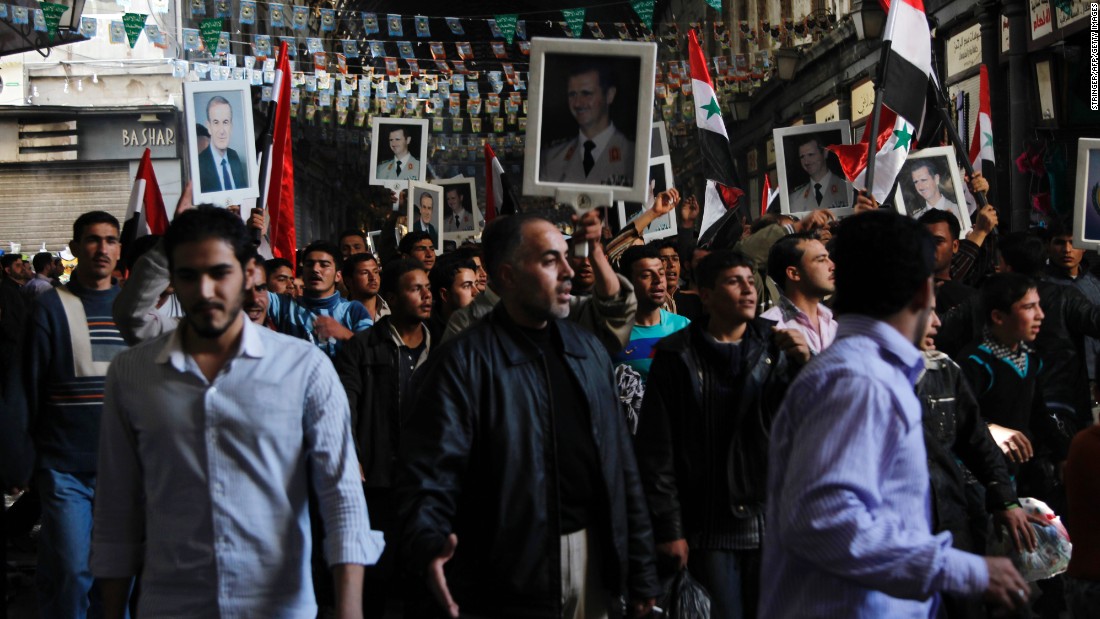
It began with the arrests of a handful of children in 2011. Since then it's exploded into the biggest humanitarian crisis since the Second World War.
Syria's civil war has left more than 300,000 people dead
and forced 10.6 million -- nearly half the population -- out of their
homes. How did it come to this? Explore the events that have shaped the
crisis since 2011.
It all starts with graffiti
February 2011:
As Arab Spring demonstrations overthrow governments across the Middle
East, a group of children in Daraa, southern Syria, are arrested and
allegedly tortured for scrawling graffiti on a school reading "the people want to topple the regime."
Outrage over the arrests turns into protests and a brutal crackdown
March 2011: Syrians
protest in cities across the country, demanding the government enact
reforms and release political protesters. Government forces fire on the
demonstrations, killing dozens.
As the bloodshed gets worse, the opposition gets organized
July 2011: As the government crackdown intensifies, a group of Syrian military officers defect and form the Free Syrian Army.
In a video posted on YouTube, they say thousands of soldiers have left
their posts instead of firing on protesters, and they promise to wage
guerrilla war against regime forces. Three months later, a handful of
political opposition groups establish the Syrian National Council, aimed at toppling President Bashar al-Assad.
The West calls for Assad to quit -- but Russia and China have other ideas
August-October 2011: Top U.S. and European leaders call for Assad to step down, saying Syria's future "must be determined by its own people." But in October, Russia and China veto a U.N. Security Council resolution tabled by the U.S. that would call for an immediate halt to violence and immediate sanctions.
Meanwhile, the influence of Islamist groups grows in rebel ranks
December 2011 to February 2012: Suicide bombers kill 44 people
in Damascus in blasts that bear the "blueprints of al Qaeda," the
government says. In February the leader of al Qaeda, Ayman al-Zawahiri, praises Syrians for waging "jihad." The message comes as thousands of rebels join more extreme groups now operating in the country, including Jabhat al-Nusra -- a group with close links to al Qaeda's affiliate in Iraq.
The U.N. brokers a cease-fire that falls apart almost immediately
April 2012: Former U.N. chief Kofi Annan brokers a cease-fire plan
calling for a halt to violence and the implementation of a political
process to end the crisis, but the plan never gets off the ground.
As refugees flee, the U.N. accuses Syria of crimes against humanity
June to July 2012: A top U.N. human rights official accuses Syria of engaging in crimes against humanity. A month later, Zaatari refugee camp opens in Jordan to house the thousands of refugees streaming across the border from Syria.
Barack Obama announces his "red line" in Syria for the first (but not last) time
August 2012: Obama says President Assad will be crossing a "red line"
if he uses chemical weapons against his own people in Syria. Syria has
one of the largest and most advanced chemical warfare programs in the
Arab world, according to experts.
Two years in, 60,000 are dead -- and the U.S. says it will send aid to rebels
February 2013: The U.S. promises to send food and medical supplies
-- but not weapons -- to Syrian rebels. It's the first such move since
the conflict began two years ago, in an effort to hem in the radical
Islamist groups vying for influence in Syria. More than 60,000 people
are now dead and nearly a million have fled the country.
ISIS emerges in Syria
Spring 2013: The Islamic State in Iraq and Syria (ISIS) announces its arrival in northern Syria by seizing the city of Raqqa.
The group began in 2004 as al Qaeda in Iraq, before rebranding as ISIS
two years later. The aim of ISIS -- led by Abu Bakr al-Baghdadi -- is to
impose its strict Islamist ideology on Syrians in the areas it
controls.
European nations join the list of countries sending weapons into Syria
May 2013: The EU lifts its arms embargo on Syria,
clearing the way for European nations to join Saudi Arabia, Qatar and
other countries that have provided weapons or training to rebel groups
in Syria. Russia, meanwhile, is shipping arms to the Syrian regime, and fighters from Hezbollah -- the Iranian-backed Lebanese militant group -- pour into the country to prop up the regime in Syria, a key ally.
Syria crosses Obama's "red line" -- and the U.S. prepares to attack
August 2013: Hundreds of people are killed in a suspected chemical weapons attack in rebel-held areas on the outskirts of Damascus. Obama asks Congress to authorize military action against Syria.
John Kerry goes off script -- and the Russians pounce
September 2013: U.S. airstrikes seem inevitable. Asked what, if anything, the Syrian regime can do to stop an attack, U.S. Secretary of State John Kerry says Assad
"could turn over every single bit of his chemical weapons to the
international community in the next week." Russia immediately proposes
putting Syria's chemical weapons under international control -- a plan
that staves off U.S. military action in the country for the time being.
140,000 are now dead in Syria as peace talks go nowhere fast
February 2014: A second round of peace talks between the Syrian government, the opposition, and an array of world powers ends without a solution. At least 140,000 Syrians are now dead, opposition groups say, and hundreds of thousands have been displaced.
ISIS declares an independent state in Iraq and Syria
June 2014: ISIS announces the establishment of a caliphate
(Islamic state) stretching from western Syria to eastern Iraq. The
group rebrands itself Islamic State and says Abu Bakr al-Baghdadi is the
leader of this new state. The declaration comes after ISIS seizes Mosul, Iraq's second biggest city.
ISIS beheads American journalist James Foley
August 2014: ISIS releases a video showing the beheading of American journalist James Foley in
Raqqa, Syria. Foley is the first of several Western journalists and aid
workers to be murdered by the group over the next few months, including
Steven Sotloff, David Haines, Alan Henning and Peter Abdul-Rahman Kassig.
The U.S. launches airstrikes on ISIS in Syria
September 2014: American jets begin bombing ISIS targets
in Syria, including the group's stronghold in Raqqa. The foreign
partners participating in the strikes are Arab countries, including
Saudi Arabia, Jordan, Bahrain and the United Arab Emirates.
Kurdish forces -- backed by U.S. strikes -- take back Kobani from ISIS
January 2015: Kurdish fighters retake Kobani, a key Syrian town on the Turkish border, after nearly four months of fighting with ISIS.
ISIS seizes Palmyra and blows up its priceless ruins
May-August 2015: ISIS seizes Palmyra and blows up many of the ancient desert city's millennia-old temples and shrines. The group executes dozens of people in the city's ancient amphitheater, and beheads an antiquities expert who refused to reveal the location of other archaeological treasures.
Russia launches airstrikes in Syria
September 30, 2015: After weeks of bulking up its military presence in Syria, Russia launches airstrikes on rebel targets in the country for the first time.
Sourced from cnn.com


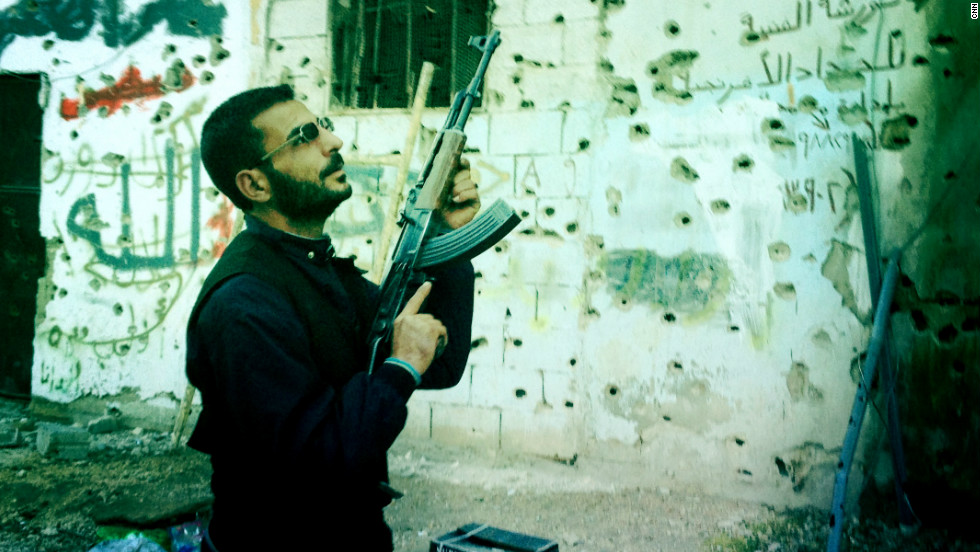
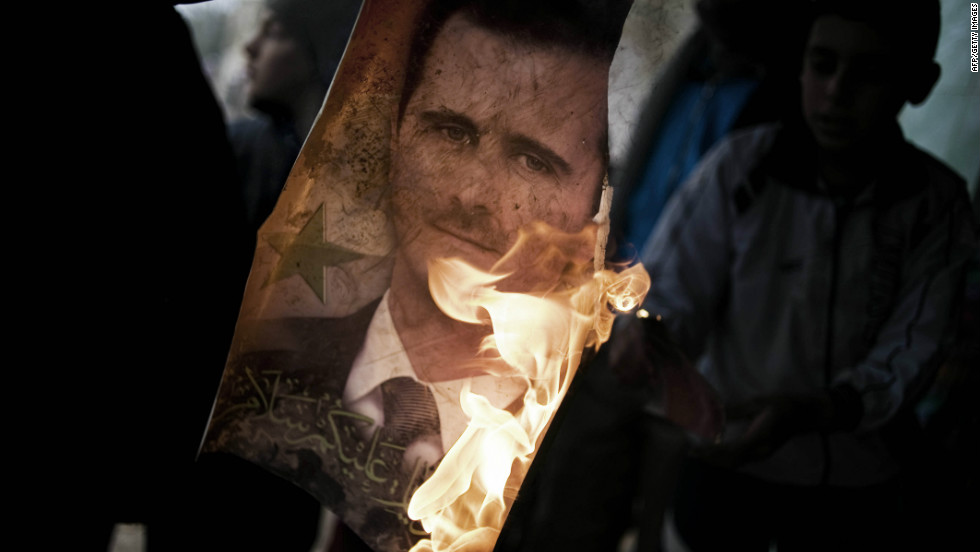
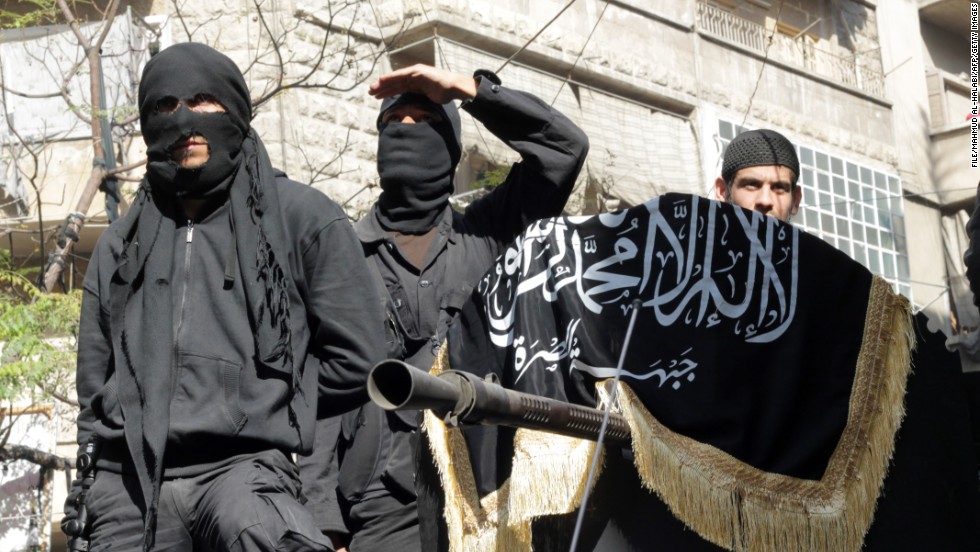
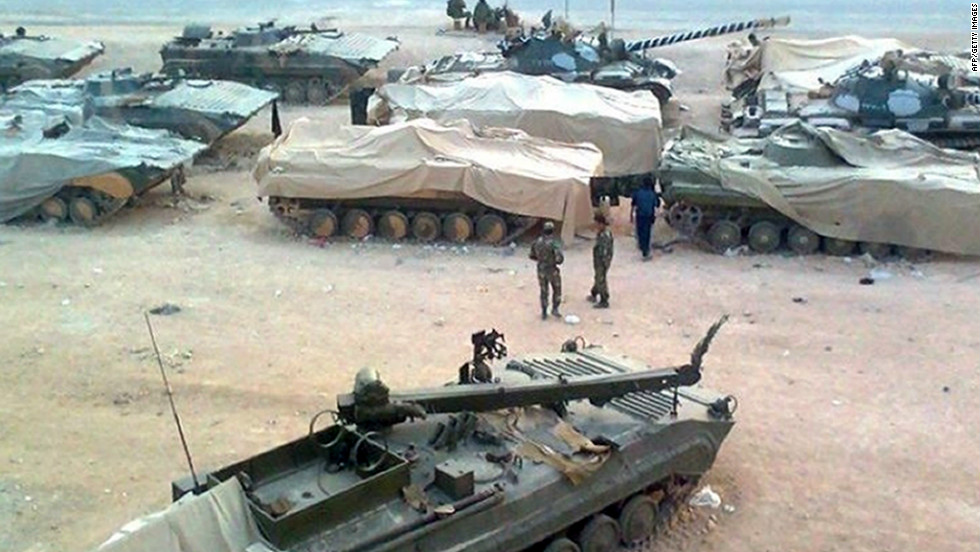
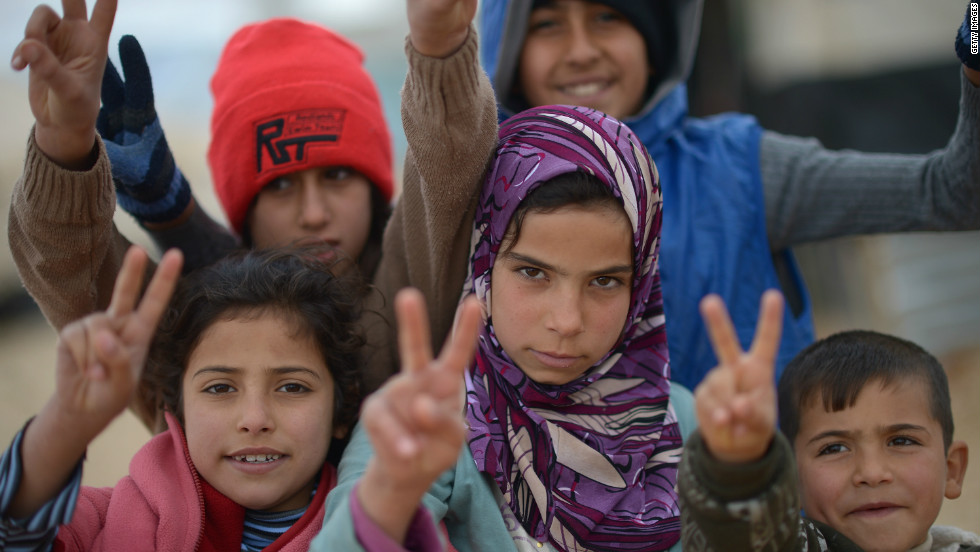
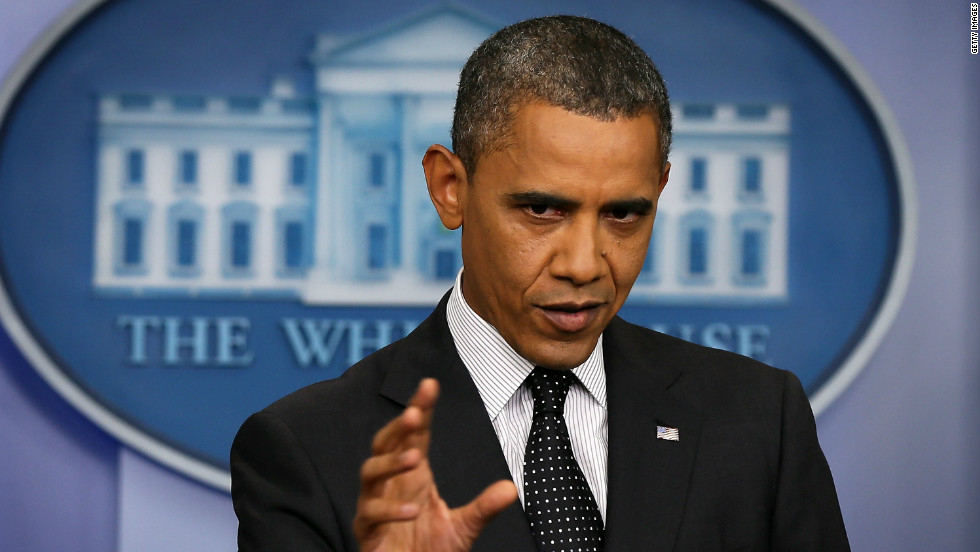
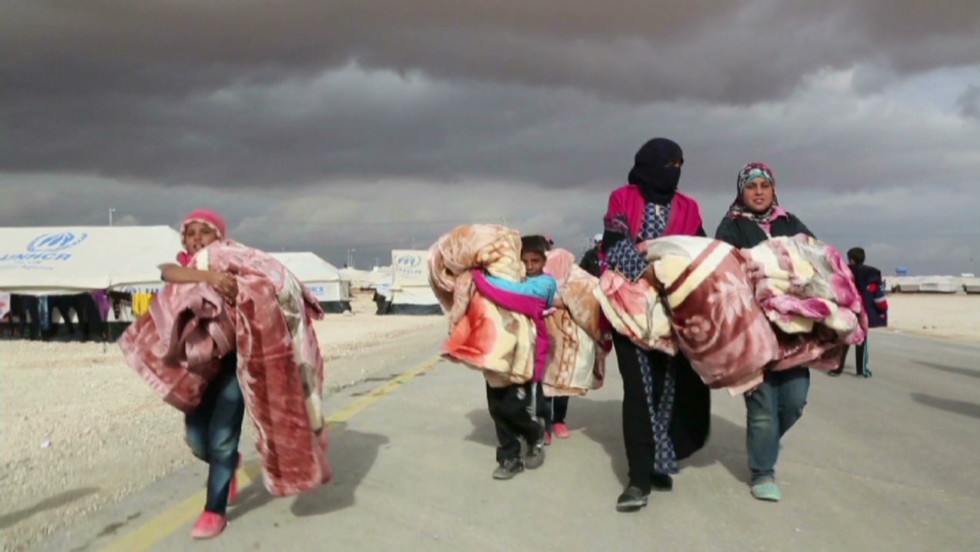

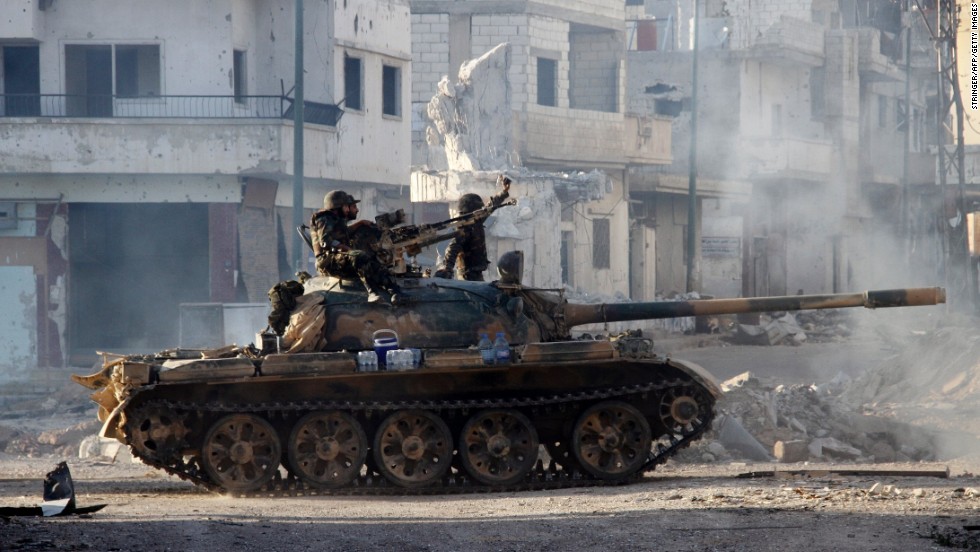
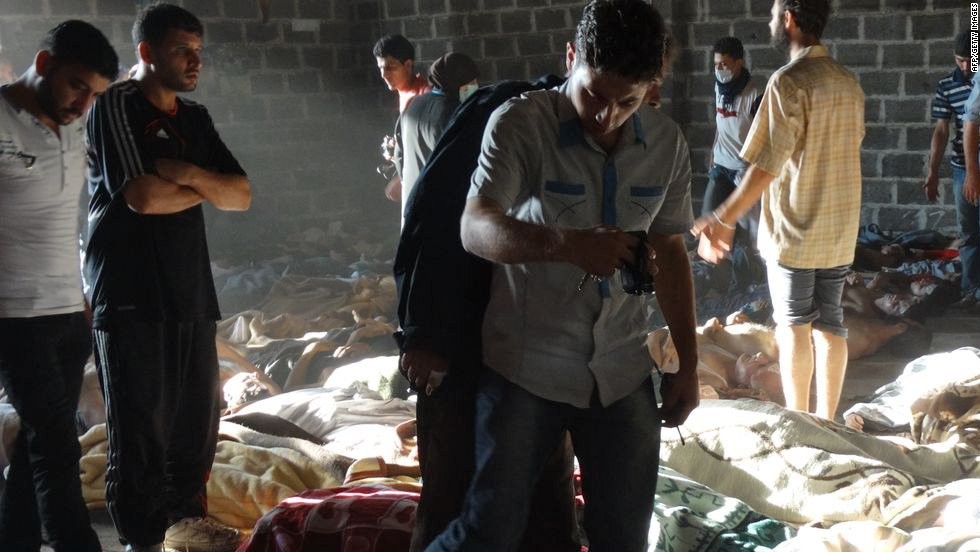
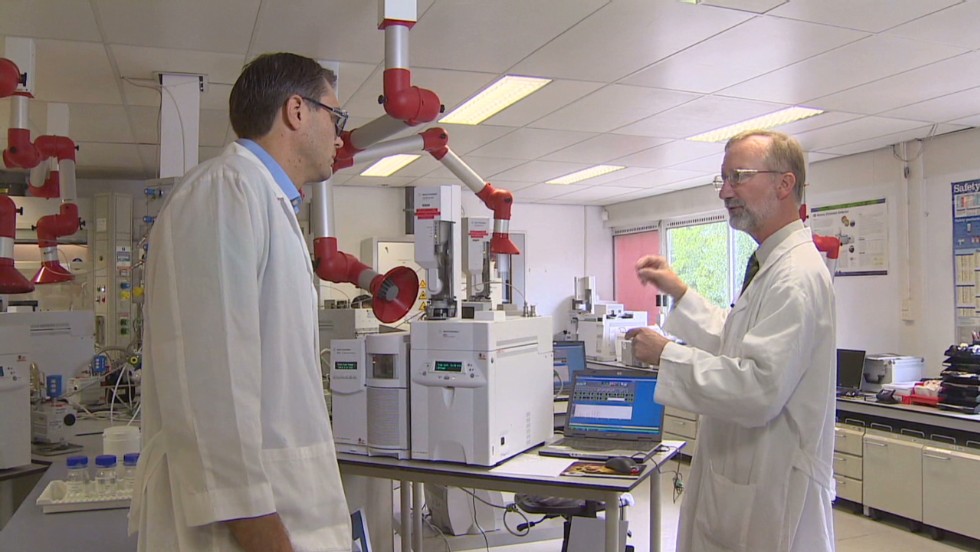
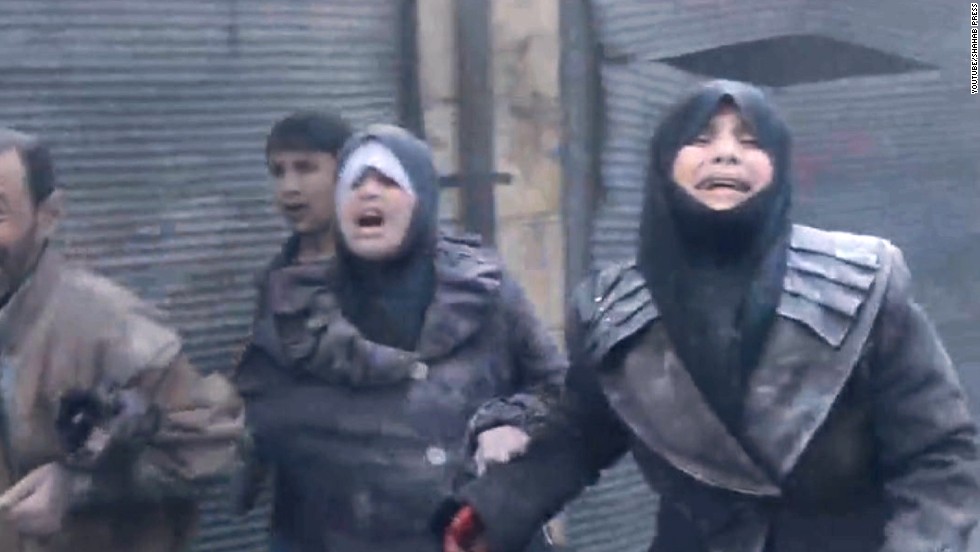
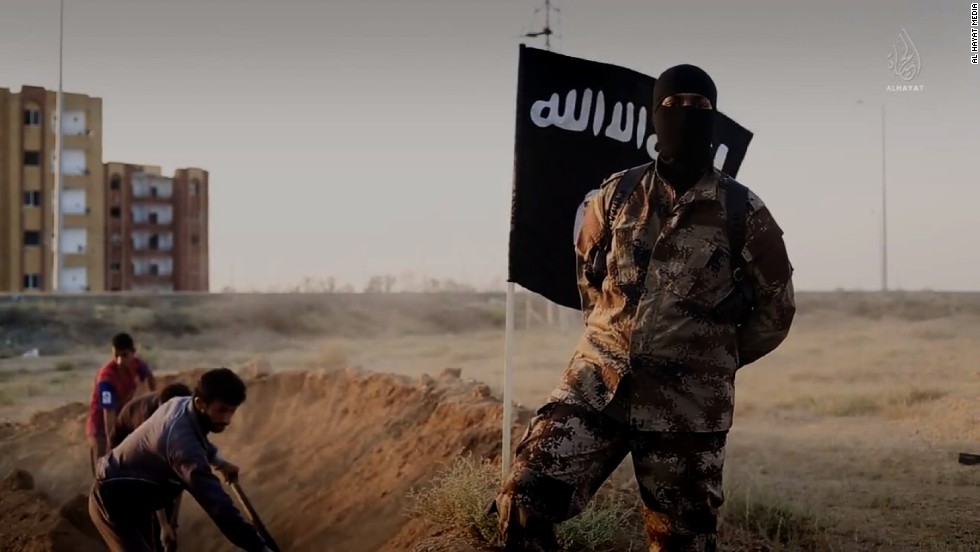

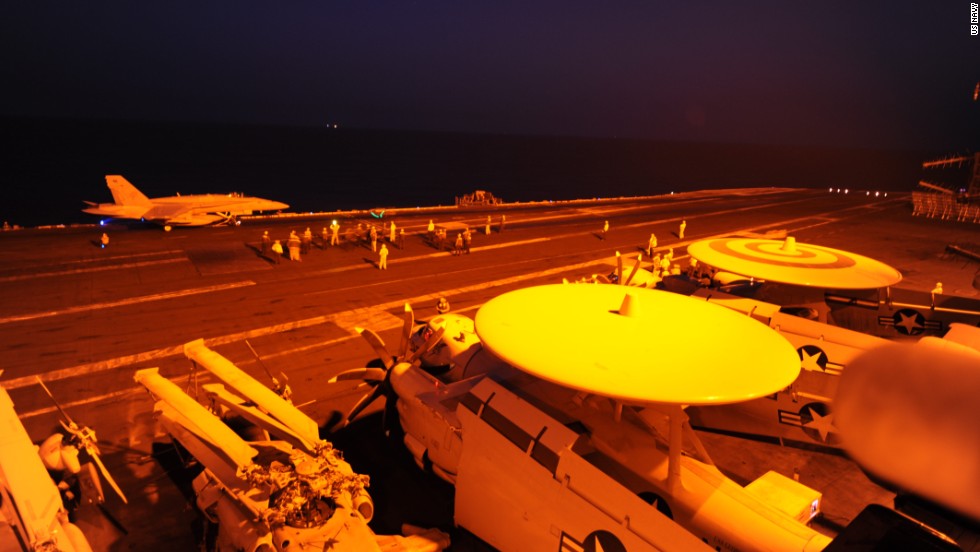



No comments:
Post a Comment